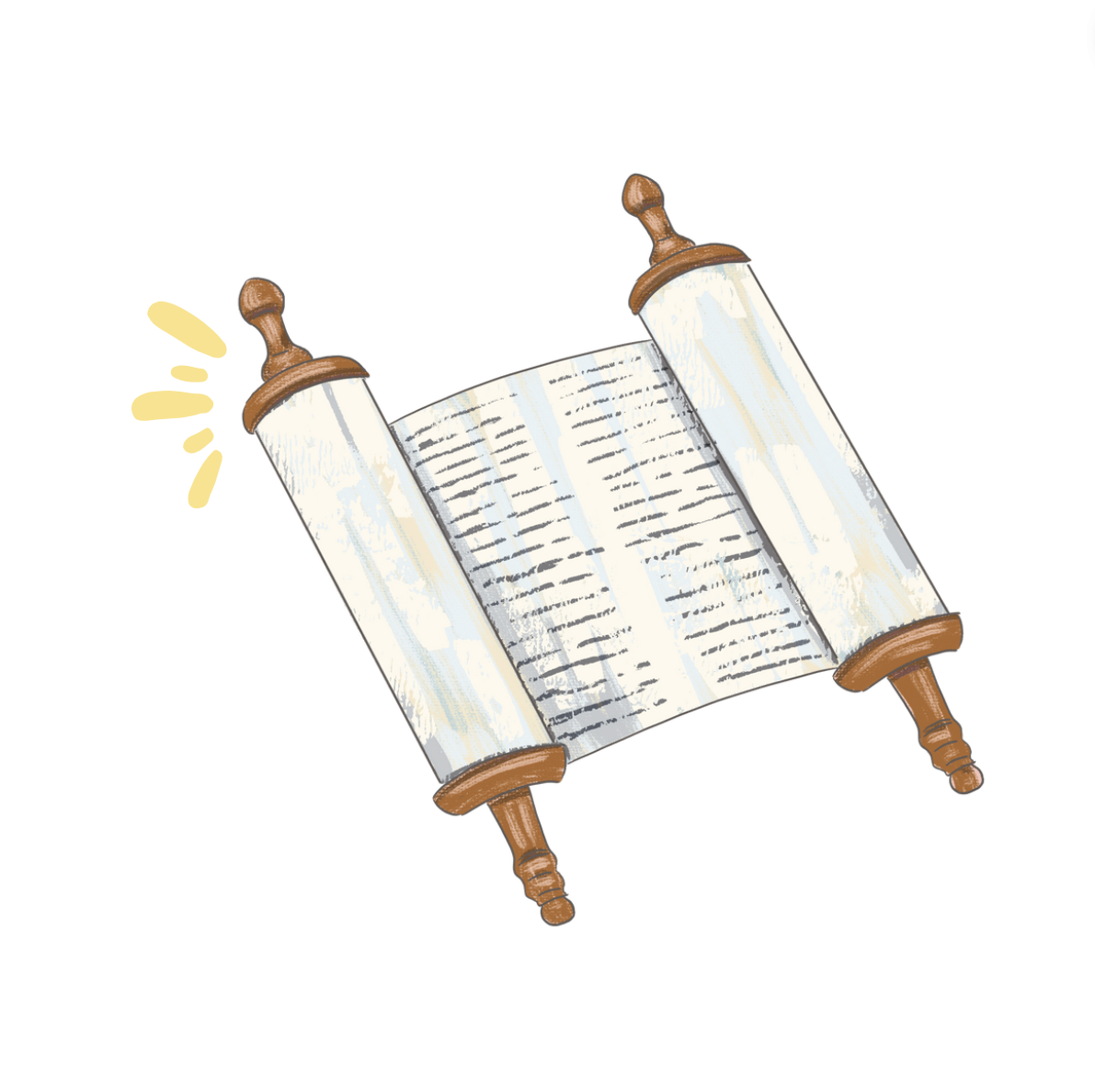The Giving Tree by Shel Silverstein, a book about a tree who loved and provided for a person with its natural resources in each stage of the person’s life, was one of my favorite stories as a child. I loved reading about each chapter of the human’s life, and I especially loved the tree’s unfettered love and generosity.
When I reread it as an adult, however, the book didn’t come across nearly as wholesome as I remembered. I had picked it up again in my early twenties, working as a Jewish educator at a job in which there was always more to give to students, families, colleagues, and curricula; I understood that the tree in The Giving Tree gave so much of itself that it had nothing left to give. While the tree completely embodied last week’s attribute of hesed, kindness, it did so without any boundaries or care for itself.
This week’s character trait during the Counting of the Omer is gevurah, which translates to strength or discipline. In the Jewish mystical tradition, gevurah is the counterbalance to hesed. Even when it’s someone’s natural inclination to perform acts of loving kindness, we can end up like the tree with nothing left of itself to give without any inner restraint or discernment. And when someone’s natural inclination is toward strength and boundaries, we run the risk of living disconnected and isolated lives without any kindness or generosity.
Ben Zoma says, “Who is strong? One who overcomes their inclination” (Pirkei Avot 4:1). Gevurah and hesed come as a pair because they each serve as a counterbalance to one’s inclinations and are both required to live a healthy, balanced spiritual life. Pursuing that healthy, balanced, spiritual life requires the inner strength that gevurah represents– to be kind and generous while also protective of our own physical and emotional well-being. These first two weeks of Counting the Omer provide a blueprint to do just that.
Shabbat shalom,
Jacob

